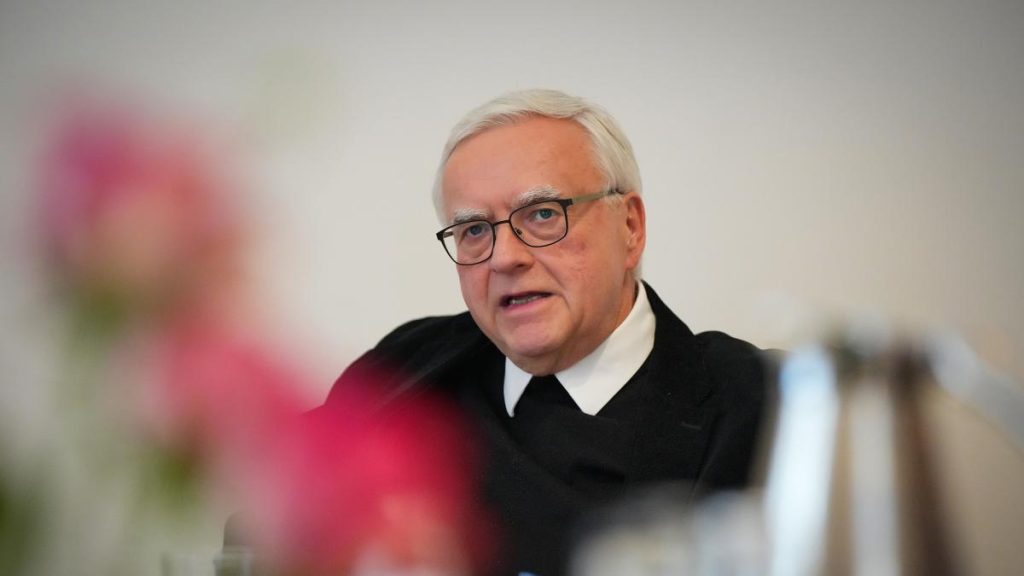In Germany, there is a debate in the church on how to deal with Christian members of the AfD. Berlin’s Archbishop Heiner Koch finds it incomprehensible that Catholics are involved in the party. Koch stated that Catholic Christians, who fundamentally accept foreign people, refugees, those with different political beliefs, or of different religions, would not find the same acceptance in the AfD. He also pointed out that the AfD questions democracy in many instances, which goes against the Catholic belief in supporting democracy.
Koch expressed his willingness to speak with AfD members who hold church positions: “I support Catholics engaging in democratic parties and recognize their involvement as Christians in politics,” he said. However, this recognition does not extend to politicians who espouse hatred and right-wing extremist views in their words and actions. He specifically mentioned Hans-Christoph Berndt, the AfD faction leader in the Brandenburg state parliament, who has been classified as a proven right-wing extremist by the Brandenburg State Office for the Protection of the Constitution. Koch hopes that Berndt will come to realize that his views are not in line with the Christian message.
The Berlin archbishop emphasized the importance of upholding democratic values and respecting other people’s beliefs, regardless of their political affiliations. He indicated that the AfD’s stance on various issues contradicts the principles of democracy and inclusivity that Catholics adhere to. Koch’s stance reflects a broader discussion within the Catholic Church in Germany on how to address the presence of AfD members among its community. This conversation raises questions about the compatibility of the AfD’s ideology with Christian values and demonstrates the need for constructive dialogue within the church.
Koch’s remarks highlight the need for understanding and dialogue within the Catholic community regarding political involvement. He emphasized that Catholics should actively engage in democratic processes but steer clear of supporting politicians who promote discriminatory or extremist views. By speaking out against the presence of right-wing extremism within the church’s ranks, Koch reaffirmed the importance of upholding core Christian values of love, compassion, and solidarity in all aspects of public life. His statement aims to foster a more inclusive and tolerant environment within the Catholic Church, promoting mutual respect and understanding among members with diverse political beliefs.
The debate surrounding the role of Christian members in the AfD raises broader questions about the relationship between religion and politics in Germany. As Archbishop Koch’s comments reflect, the church has a responsibility to uphold its moral values while engaging with political parties that may not align with these principles. By engaging in conversation and seeking to educate individuals about the potential conflicts between political ideologies and religious beliefs, the church can play a vital role in promoting tolerance, inclusion, and social cohesion within society. Ultimately, Archbishop Koch’s stance underscores the importance of upholding democratic values and fostering a dialogue that respects diverse perspectives within the Catholic community.


